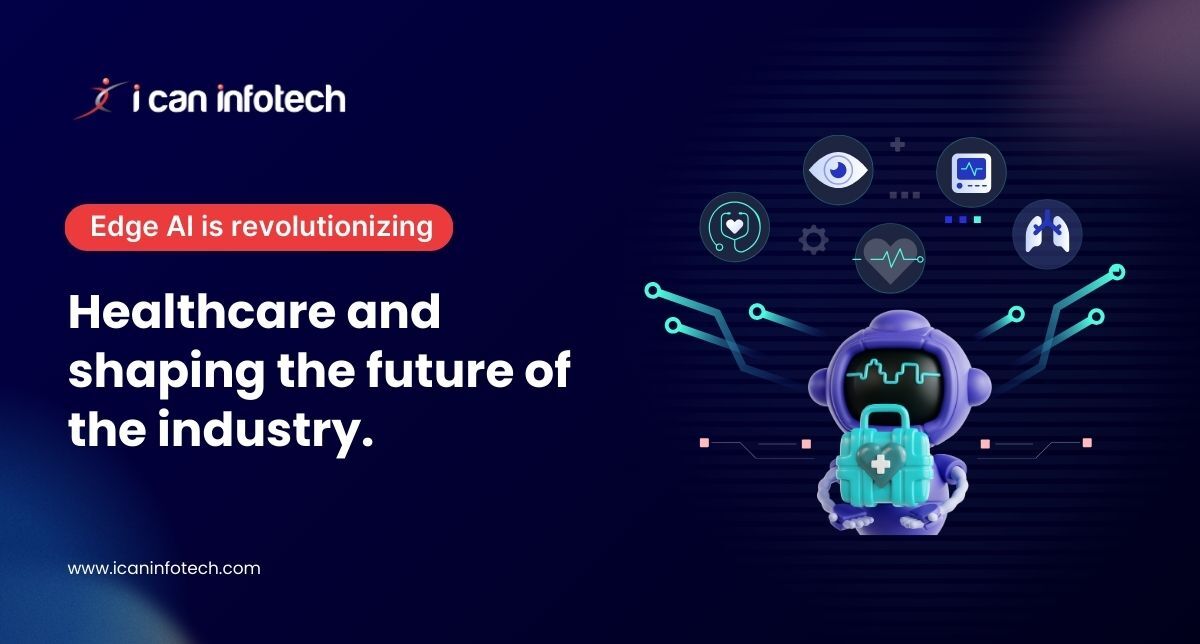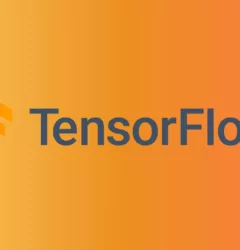The Impact of Edge AI on the Future of Healthcare
Edge AI is rapidly transforming the healthcare industry by bringing advanced processing power closer to where data is generated—at the edge. This technology is enhancing patient care, improving diagnostic accuracy, and enabling real-time decision-making in critical situations. By processing data locally on devices such as wearable sensors, imaging machines, and mobile health applications, Edge AI reduces latency, ensures data privacy, and minimizes the need for constant cloud connectivity.
One of the key benefits of Edge AI in healthcare is its ability to deliver instant insights without the delays associated with cloud-based processing. For example, in emergency rooms or during surgeries, immediate analysis of vital signs, medical images, or patient data can be life-saving. Moreover, Edge AI enhances remote patient monitoring, allowing healthcare providers to track and respond to changes in patients’ conditions in real time, even when they are far from medical facilities.
In addition to improving patient outcomes, Edge AI also plays a crucial role in optimizing hospital operations. From managing large volumes of patient data to predicting equipment maintenance needs, Edge AI streamlines workflows and reduces operational costs. The integration of Edge AI in healthcare is not just a technological upgrade; it’s a revolution that is set to redefine the future of the industry.
As Edge AI continues to evolve, its applications in healthcare will expand, offering new possibilities for personalized medicine, predictive analytics, and AI-driven treatment plans. The future of healthcare is increasingly being shaped by Edge AI, making it an essential focus for industry leaders and innovators.
What is Edge AI?
- Combines artificial intelligence with edge computing, processing data locally on devices instead of relying on centralized cloud systems.
- Enables real-time data processing and decision-making, crucial for time-sensitive healthcare applications.

Enhanced Patient Monitoring

Improved Data Privacy and Security

Optimized Healthcare Operations

Personalized Medicine

Remote and Rural Healthcare

AI-Powered Medical Devices

Reducing Healthcare Costs
Future Prospects of Edge AI in Healthcare
Widespread Adoption of Medical Devices
Edge AI will increasingly be embedded in a wide range of medical devices, from wearable health monitors to advanced surgical tools.
These devices will become more intelligent, capable of autonomous decision-making, and able to provide real-time feedback, improving patient outcomes.
Advancements in Remote Patient Monitoring
Edge AI will drive the development of sophisticated remote monitoring systems that can analyze patient data in real-time without relying on cloud-based systems.
This will be especially beneficial for managing chronic conditions, reducing hospital visits, and enabling more proactive healthcare management.
Integration with 5G Networks
The combination of Edge AI and 5G technology will lead to faster data processing and communication in healthcare settings.
This will enable the deployment of more complex AI algorithms on edge devices, improving the accuracy and speed of diagnostics and treatments.
Personalized Healthcare on a New Level
Edge AI will facilitate more precise personalized medicine by continuously analyzing a patient’s health data and adjusting treatments in real time.
This will lead to more effective treatments tailored to individual needs, potentially revolutionizing the way chronic diseases are managed.
AI-Driven Predictive Analytics
Edge AI will enhance predictive analytics, allowing healthcare providers to anticipate and prevent medical conditions before they become critical.
This proactive approach will reduce the burden on healthcare systems by focusing on prevention rather than treatment.
Improved Healthcare Access in Remote Areas
The deployment of Edge AI in remote and underserved regions will bring advanced healthcare capabilities to areas lacking traditional medical infrastructure.
Portable Edge AI-powered diagnostic tools and devices will enable healthcare providers to deliver high-quality care in challenging environments.
Enhanced Drug Development and Clinical Trials
Edge AI will play a significant role in speeding up drug discovery and development by enabling real-time data analysis during clinical trials.
This will result in faster approval of new drugs and therapies, accelerating the availability of life-saving treatments.
Smart Hospitals
The future will see the rise of smart hospitals, where Edge AI is integrated into every aspect of healthcare operations, from patient management to surgical procedures.
These smart hospitals will operate more efficiently, provide better patient care, and reduce operational costs.
Ethical and Regulatory Evolution
As Edge AI becomes more prevalent in healthcare, there will be a growing need for clear ethical guidelines and regulations to ensure its responsible use.
Future prospects include the development of standardized frameworks to govern the implementation of AI in critical healthcare scenarios.
Collaboration with Other Emerging Technologies
Edge AI will increasingly collaborate with other emerging technologies such as blockchain for secure data management, AR/VR for enhanced diagnostics, and IoT for connected healthcare ecosystems.
This synergy will create more robust, secure, and innovative healthcare solutions.
Potential for Autonomous Healthcare Systems
The future might see the emergence of fully autonomous healthcare systems where Edge AI takes over routine tasks and even complex decision-making in certain scenarios.
This could alleviate the pressure on healthcare professionals and improve the scalability of healthcare services.


